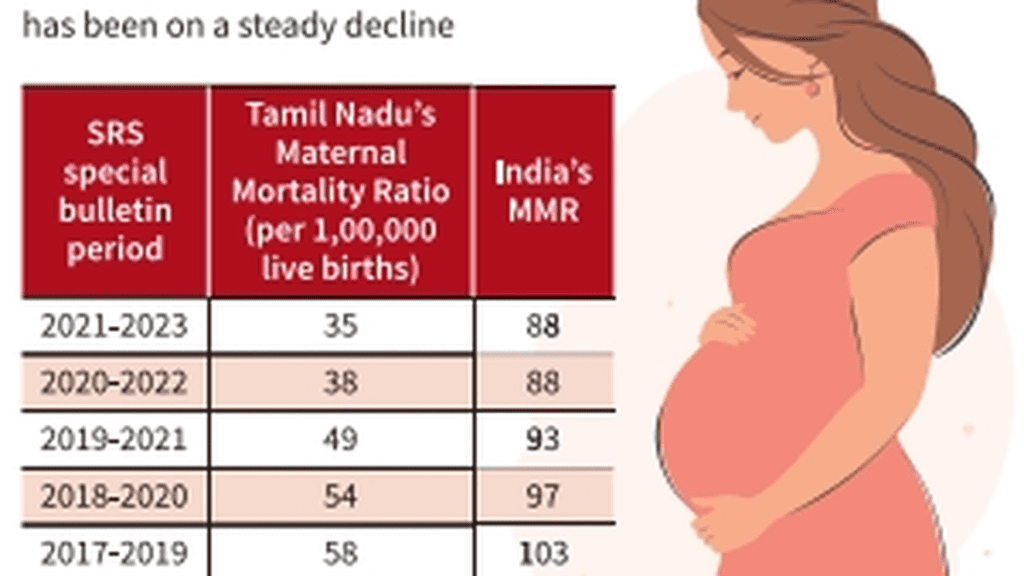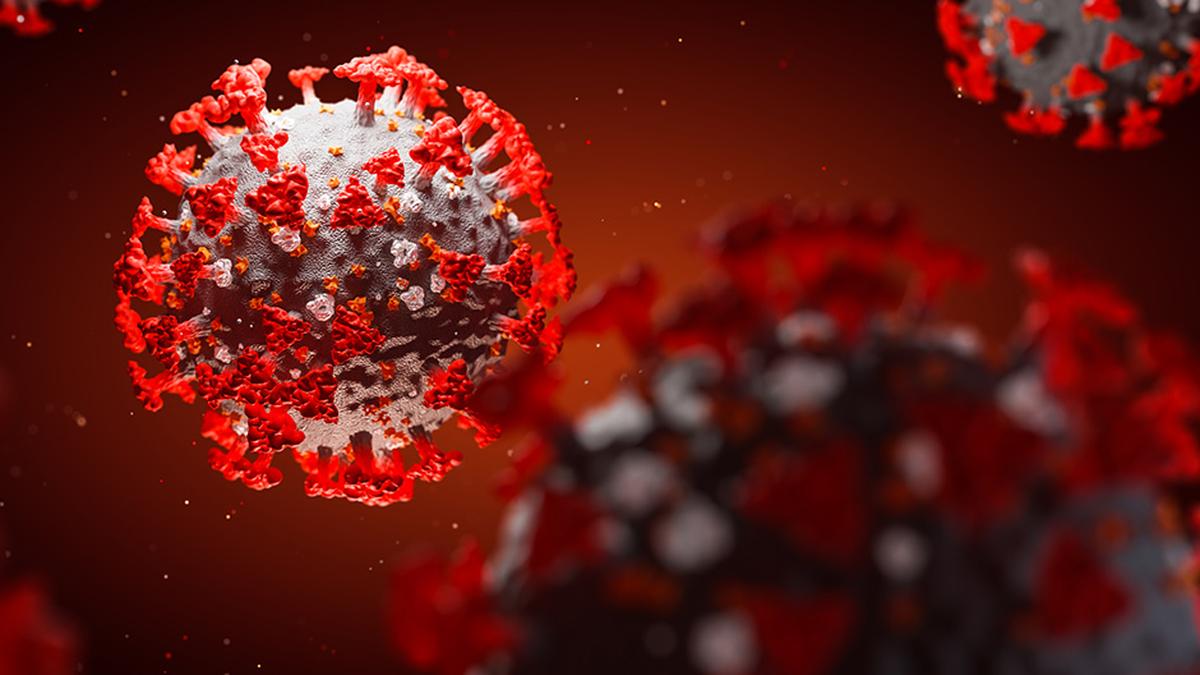International conference on vector-borne diseases underway in Chennai

International conference on vector-borne diseases underway in Chennai
A four-day international conference on vector-borne diseases commenced at Saveetha Medical College in Chennai on Tuesday (January 21, 2025).
According to a press release, the conference was organised by Saveetha Institute of Medical and Technical Sciences (SIMATS) in collaboration with the Indian chapter of Society for Vector Ecology, Academy of Public Health Entomology.
Rajpal S. Yadav, president of Academy of Public Health Entomology, said a few decades ago, the World Health Organization (WHO) had a full-fledged division with entomologists engaged in global collaboration and research to arrive at solutions to combat vector-borne diseases.
Sadly, over the years, not only had the number of entomologists dwindled but their role was being ignored. This is the situation across the world, and India is no exception. Cities that have corporations to handle hygiene, solid waste management, and sewage need to have a specialist to coordinate all these, but this is not happening, he added.
He noted that qualified entomologists were unable to get jobs relevant to their specialisation and ended up in administrative roles. He stressed the need to step up the role of entomologists in public health.
Awards were presented to experts and young researchers who had made contributions in the sphere of vector control. Among others, N.M. Veeraiyan, founder and chancellor of SIMATS spoke at the event.










